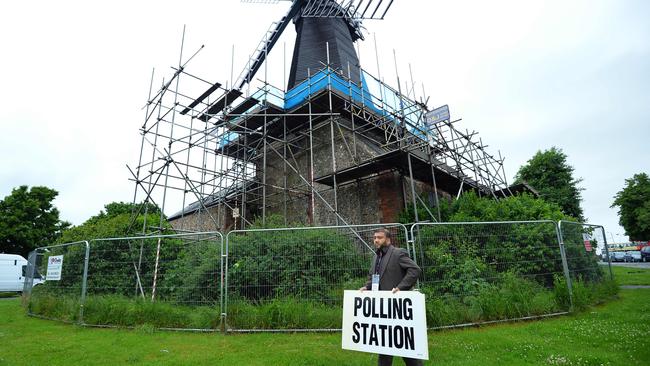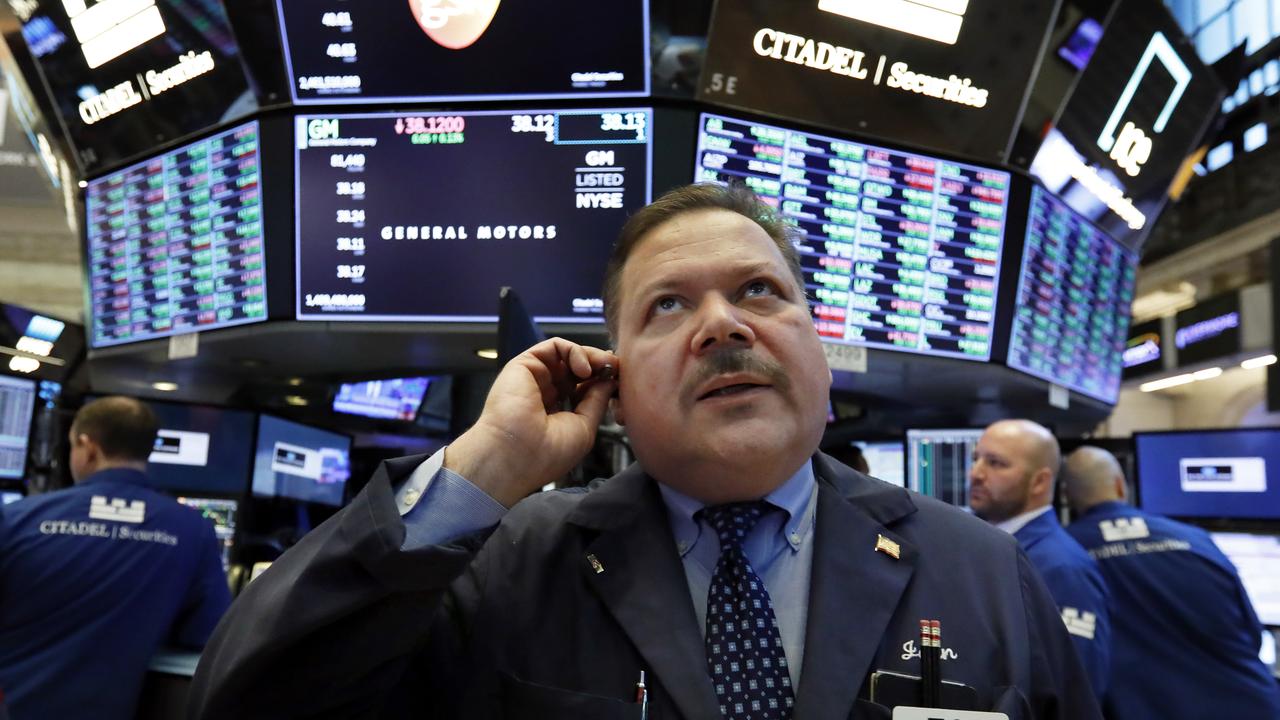Brexit vote: global markets wait on outcome
Britain’s EU referendum is driving global financial markets, with the result to be clear shortly.

While the outcome has been too close to call this week, the stunning recovery in risk assets that followed last week’s swoon suggests that “Leave” could have far more impact than “Remain”.
The British pound hit a fresh six-month high in Asian trade on Thursday, inspiring further gains in other risk assets such as the Australian dollar and shares. And while volatility in equities and currencies was certainly elevated versus recent norms, the market was by no means pricing in a worst-case scenario.
Opinion polls showing less support for Brexit together with an associated widening of bookmakers’ odds of secession seemed to generate a false sense of security in markets this week.
The ‘poll of polls’ showed Leave and Remain were neck and neck as of Thursday (AEST) and, while the pound has closely tracked the betting odds, traders have been putting too much faith in their predictive power.
According to Ladbrokes, about 75 per cent of the value of bets with the firm has been for Remain, yet a majority of the bets have been for Leave. It raises questions about whether the odds are a reliable indicator, yet the pound has traded in lock-step with the implied probability of Remain.
IG chief market strategist Chris Weston warns of a strong pick-up in volatility and a corresponding rush for safe-haven assets such as US treasuries, gold and the Japanese yen should Leave win the day. “Another Y2K (millennium bug) moment cannot be ruled out given the magnitude of the commentary that has been heard of late, but if we genuinely get a leave vote then I would expect sizeable moves in assets and a rapid tightening of financial conditions,” Mr Weston said.
In his view, Leave would also cause an aggressive widening of peripheral European bond yields relative to benchmark German bunds, and European bank shares would probably be the biggest losers from a consequent sell-off in equities.
“The DAX, MIB and IBEX will be savaged on the idea of concerns around the asset quality on their balance sheet,” Weston says.
“CDS on European banks will spike and we are back to the talk in January around the sustainability of certain financial institutions.”
But Leave would be complicated in many ways, not least because of political uncertainty in Britain and the possibility that an incoming government could use the outcome to bargain with the EU for concessions, while calling another plebiscite on the issue.
“In this scenario, we assume a 30 per cent chance that Article 50 of the Treaty on European Union would not be invoked for 6-12 months and this period would be used to negotiate better terms for Britain within the EU ahead of a possible second referendum in late 2017,” says Credit Suisse global equity strategist Andrew Garthwaite.
Under a “full Brexit” scenario, where Britain immediately starts the process to leave, British GDP would fall 1 per cent in 2017, risking an economic recession, and eurozone growth could shrink to 1 per cent by 2017, with negative implications for the pound, the euro and global equity markets.
“To get a major crisis of confidence would require a timetable for further referendums, which Europe will likely want to avoid, or a national election becoming a proxy EU referendum. But we think national elections are more likely to be fought on more domestic issues than the EU or euro,” Garthwaite says. “The most vulnerable countries on our scorecard in this scenario would be Italy and France.”







Britain’s EU referendum is set to drive global financial markets on Friday, depending on the outcome of exit polls from 7am (AEST) and the final result, which should be fairly clear by early afternoon.